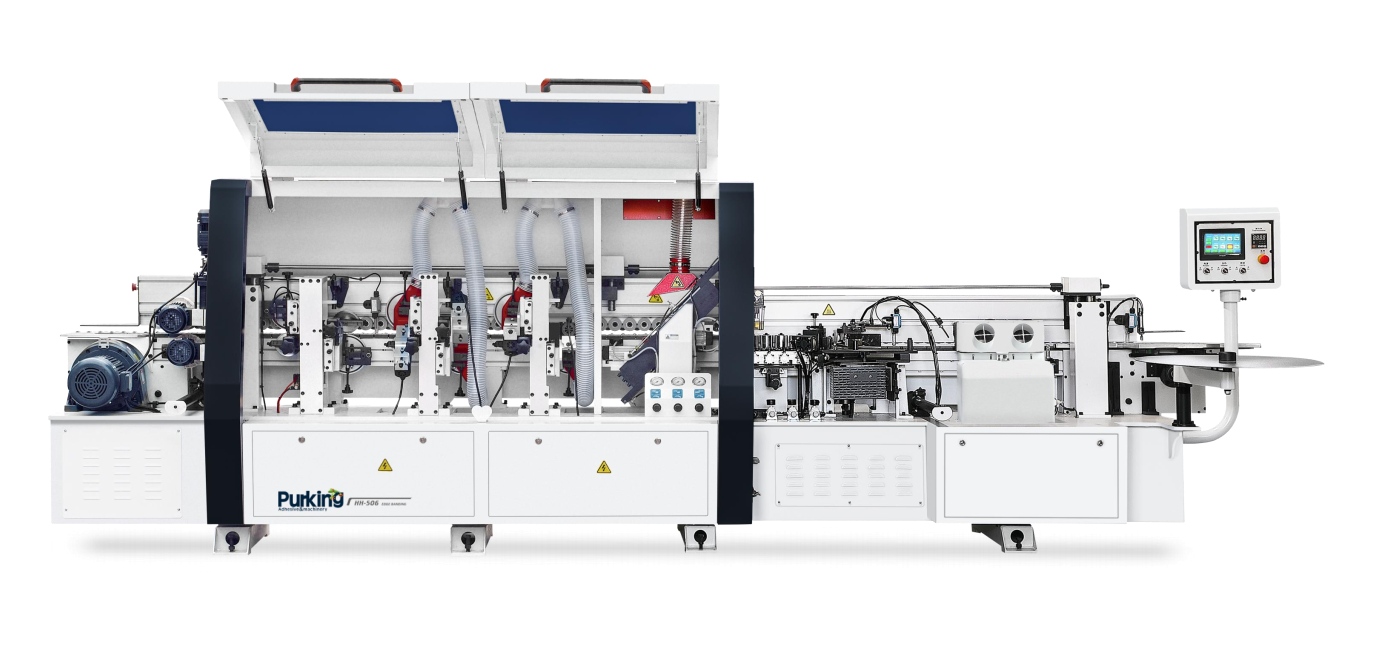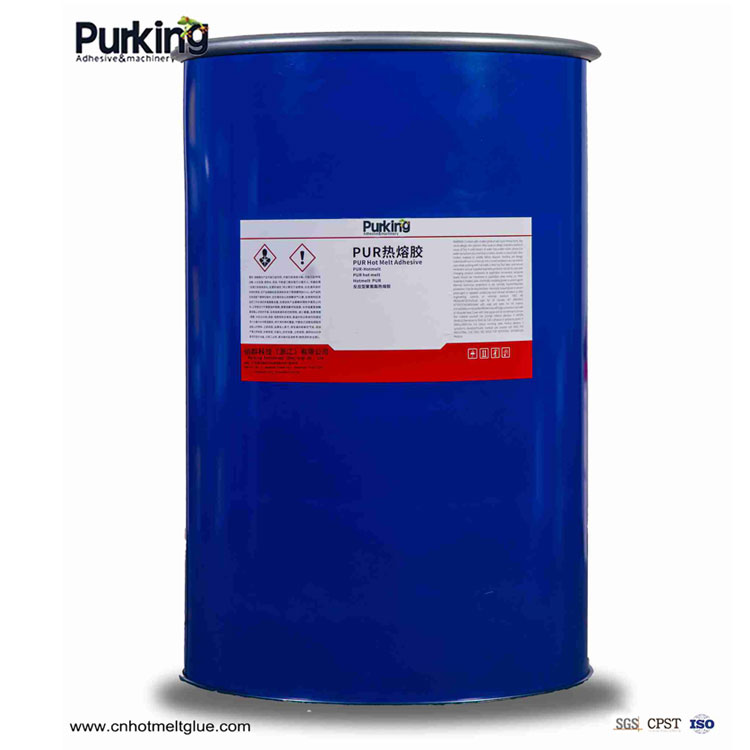1. Personal
hygiene
Wash your hands
frequently, use soap or hand sanitizer with running water, and wipe your hands
with disposable paper towels or clean towels. Wash hands immediately after
touching respiratory secretions (such as after sneezing) and maintain good
respiratory hygiene. When coughing or sneezing, cover your mouth and nose with
tissues, towels, etc., and avoid touching your eyes, mouth and nose with your
hands.
2. Adapt to
exercise
Exercise can
enhance physical fitness and immunity, keep the environment clean and ventilate
to enhance physical fitness and immunity, a balanced diet, moderate exercise,
regular work and rest, and avoid excessive fatigue. Open the window for no less
than 3 times a day, 20-30 minutes each time. When the outdoor air quality is
poor, the frequency and time of ventilation should be appropriately reduced.
3. Less
gathering
Minimize the
flow to crowded places and avoid contact with patients with respiratory
infections. Respiratory infection symptoms such as cough, runny nose, fever,
etc. should be isolated at home and rest. If the fever persists or the symptoms
worsen, see a doctor as soon as possible.
4. Wear a mask
when going out
It should be
worn when going out to crowded places due to accidents. When you go out
normally, you can choose a disposable medical mask (3mm plastic nose bridge
wire is best). Wear it for 4 hours and replace it immediately. When you go to hospital
or crowded places, you can choose KN95 medical protective mask (preferably Use 5mm plastic nose mask), wear it continuously for 4 hours, replace it
immediately after contamination or wetness. Cotton masks are not recommended

 English
English  Esperanto
Esperanto  Afrikaans
Afrikaans  Català
Català  שפה עברית
שפה עברית  Cymraeg
Cymraeg  Galego
Galego  Latviešu
Latviešu  icelandic
icelandic  ייִדיש
ייִדיש  беларускі
беларускі  Hrvatski
Hrvatski  Kreyòl ayisyen
Kreyòl ayisyen  Shqiptar
Shqiptar  Malti
Malti  lugha ya Kiswahili
lugha ya Kiswahili  አማርኛ
አማርኛ  Bosanski
Bosanski  Frysk
Frysk  ភាសាខ្មែរ
ភាសាខ្មែរ  ქართული
ქართული  ગુજરાતી
ગુજરાતી  Hausa
Hausa  Кыргыз тили
Кыргыз тили  ಕನ್ನಡ
ಕನ್ನಡ  Corsa
Corsa  Kurdî
Kurdî  മലയാളം
മലയാളം  Maori
Maori  Монгол хэл
Монгол хэл  Hmong
Hmong  IsiXhosa
IsiXhosa  Zulu
Zulu  Punjabi
Punjabi  پښتو
پښتو  Chichewa
Chichewa  Samoa
Samoa  Sesotho
Sesotho  සිංහල
සිංහල  Gàidhlig
Gàidhlig  Cebuano
Cebuano  Somali
Somali  Тоҷикӣ
Тоҷикӣ  O'zbek
O'zbek  Hawaiian
Hawaiian  سنڌي
سنڌي  Shinra
Shinra  Հայերեն
Հայերեն  Igbo
Igbo  Lëtzebuergesch
Lëtzebuergesch  Malagasy
Malagasy  Sundanese
Sundanese  Yoruba
Yoruba  Español
Español  Português
Português  русский
русский  Français
Français  日本語
日本語  Deutsch
Deutsch  tiếng Việt
tiếng Việt  Italiano
Italiano  Nederlands
Nederlands  ภาษาไทย
ภาษาไทย  Polski
Polski  한국어
한국어  Svenska
Svenska  magyar
magyar  Malay
Malay  বাংলা ভাষার
বাংলা ভাষার  Dansk
Dansk  Suomi
Suomi  हिन्दी
हिन्दी  Pilipino
Pilipino  Türkçe
Türkçe  Gaeilge
Gaeilge  العربية
العربية  Indonesia
Indonesia  Norsk
Norsk  تمل
تمل  český
český  ελληνικά
ελληνικά  ελληνικά
ελληνικά  український
український  Javanese
Javanese  فارسی
فارسی  தமிழ்
தமிழ்  తెలుగు
తెలుగు  नेपाली
नेपाली  Burmese
Burmese  български
български  ລາວ
ລາວ  Latine
Latine  Қазақша
Қазақша  Euskal
Euskal  Az?rbaycan
Az?rbaycan  Az?rbaycan
Az?rbaycan  Slovensky jazyk
Slovensky jazyk  Македонски
Македонски  Lietuvos
Lietuvos  Eesti Keel
Eesti Keel  Română
Română  Slovenski
Slovenski  मराठी
मराठी  Srpski језик
Srpski језик 








